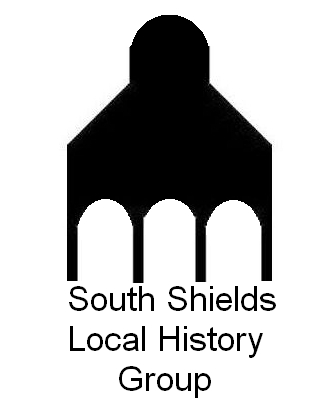Dig for Victory
The Dig for Victory campaign was launched by the Government in October 1939.


The campaign encouraged people to use every piece of land to grow food.
Its main purpose was:
1 To reduce the volume food Britain imported, thus reducing the risk that Germany could starve Britain into submission
2 Reduced imports of food meant more: weapons, munitions, oil and other war supplies could be imported on the ships
3 Encourage healthy eating to make people more productive
4 Make people at home feel like they were part of the war effort
Allotments
Meetings were held all over encouraging people to cultivate more land and take up allotments.

This could be: your own garden, waste land, Council land or parks. Areas in South Shields which became cultivated included: St Aidan’s church ground, back Dacre Street, between Dean Road and Reed Street, Highfield Road, King George Road junction with Prince Edward Road. Parks which became cultivated included: West Park, North Marine Park, Bents Park and four and a half acres of Harton Cemetery extension land.


Exhibitions were held in large venues with talks by expert speakers, film shows, recipes and exhibits.

Tools and Seeds
Once someone had an allotment they would need tools and seeds to plant. Local shops advertised that they could supply tools and seeds.


To Grow or Not to Grow That Is The Question?
The Shields Gazette reporter Dorfy, real name Dorothy Samuelson-Sandvid, like many people was in a quandary whether to grow vegetables or flowers!

Town Hall Allotments
There was much debate about turning the land at the rear of the Town Hall into allotments in case it was needed for emergency buildings but it did become allotments in 1941.

Certificates were awarded to people who were seen to have made considerable effort on these allotments.
In January 1955 the allotment holders were given one year’s notice to quit to allow for the extension to the Town Hall.
Children
There was a lot of advertising to encourage children to become involved in horticulture and to eat vegetables even the ones who had been evacuated.


Potato Pete and Doctor Carrot
One of the more humorous adverts in the “Dig for Victory” campaign was using Potato Pete and Doctor Carrot.


As meat was rationed vegetables were promoted as an alternative as they were cheap and easy to grow. The Potato Pete and Doctor Carrot campaign was especially aimed at encouraging children to eat more vegetables.


Stories were circulated and advertising used to spread the rumour that carrots could help you see in the dark.

This may have been to prevent the Germans finding out that Britain was using radar to intercept German bombers so the rumour was circulated that British pilots ate lots of carrots to help their night vision!
Women’s Land Army
When the war started a lot of men from the countryside volunteered for the forces or were conscripted this led to a shortage of labour on the land.
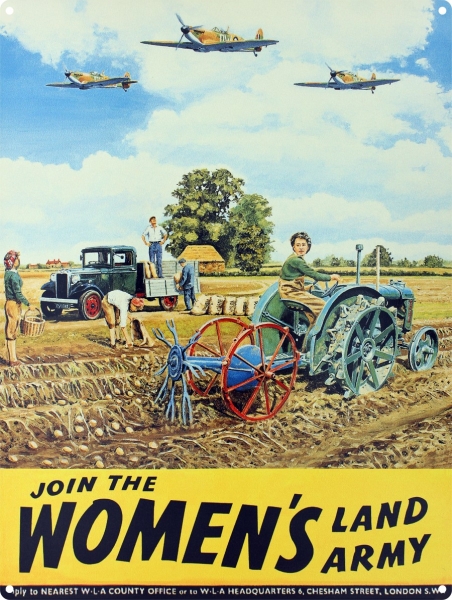
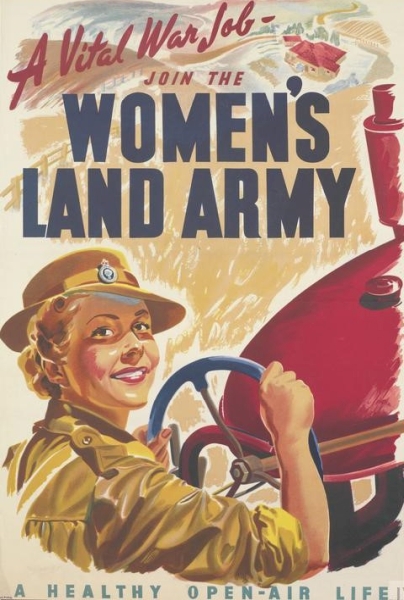
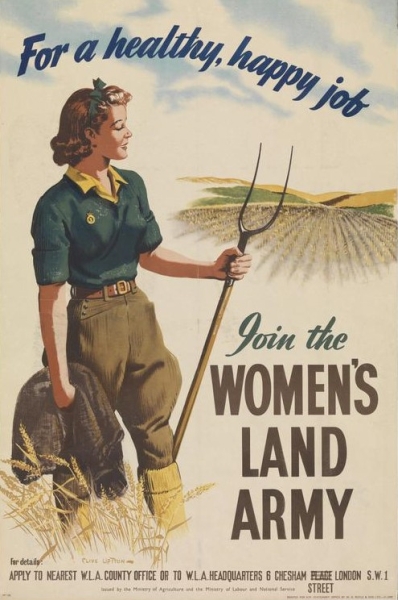
The Women’s Land Army was formed in June 1939 and looked for physically fit, young, unmarried women with no dependents who were willing to be sent anywhere in the country.
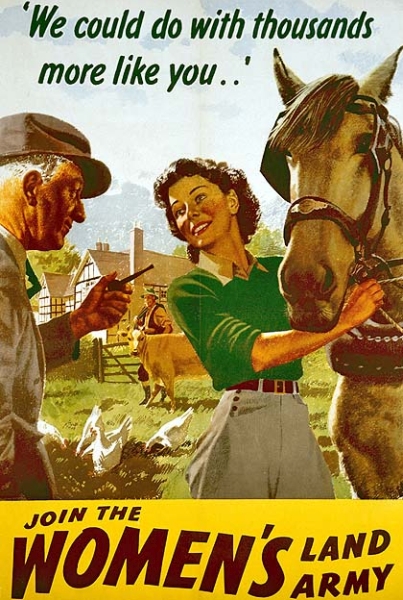

Originally joining was voluntarily but later women were conscripted. Reasons for wanting to join were varied but included: wanting independence, it was paid work (38 shillings in 1941), you were working outdoors and the uniform.

This Shields’ lass wanted to join because she had a boring clerical job:

Women signed a pledge to commit themselves to the Land Army for the duration of the war but could leave if they married.

Women’s Land Army were known as “Land Girls” and carried out such tasks as looking after animals, ploughing fields, harvesting crops and any other work that the male farm workers would have done. By 1944 there were 80,000 in the Women’s Land Army.
Effect of Dig for Victory
The Dig for Victory campaign was a success in that it helped keep the country well fed and significantly reduced the importing of food. Without the extra food produced it is very likely that the German U Boats could have starved Britain into negotiating a peace deal with Nazi Germany.
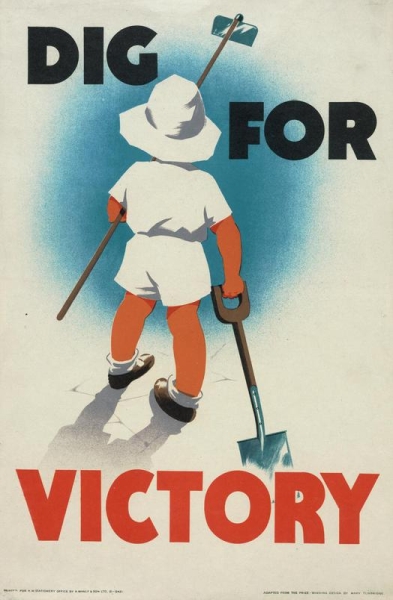
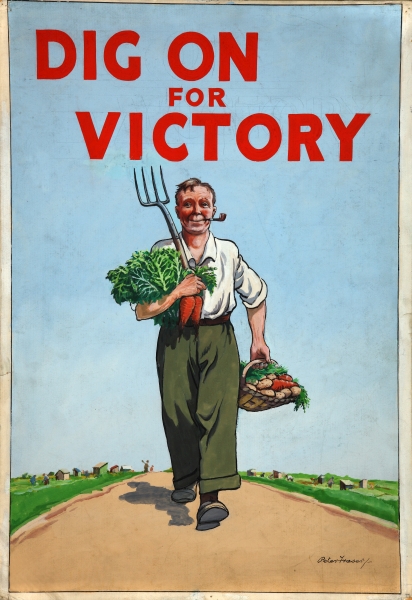
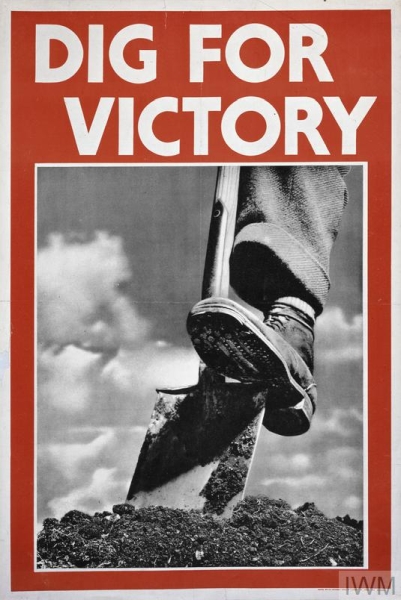
Sources:
British Newspaper Archives
Imperial War Museum
Photos:
Imperial War Museum
